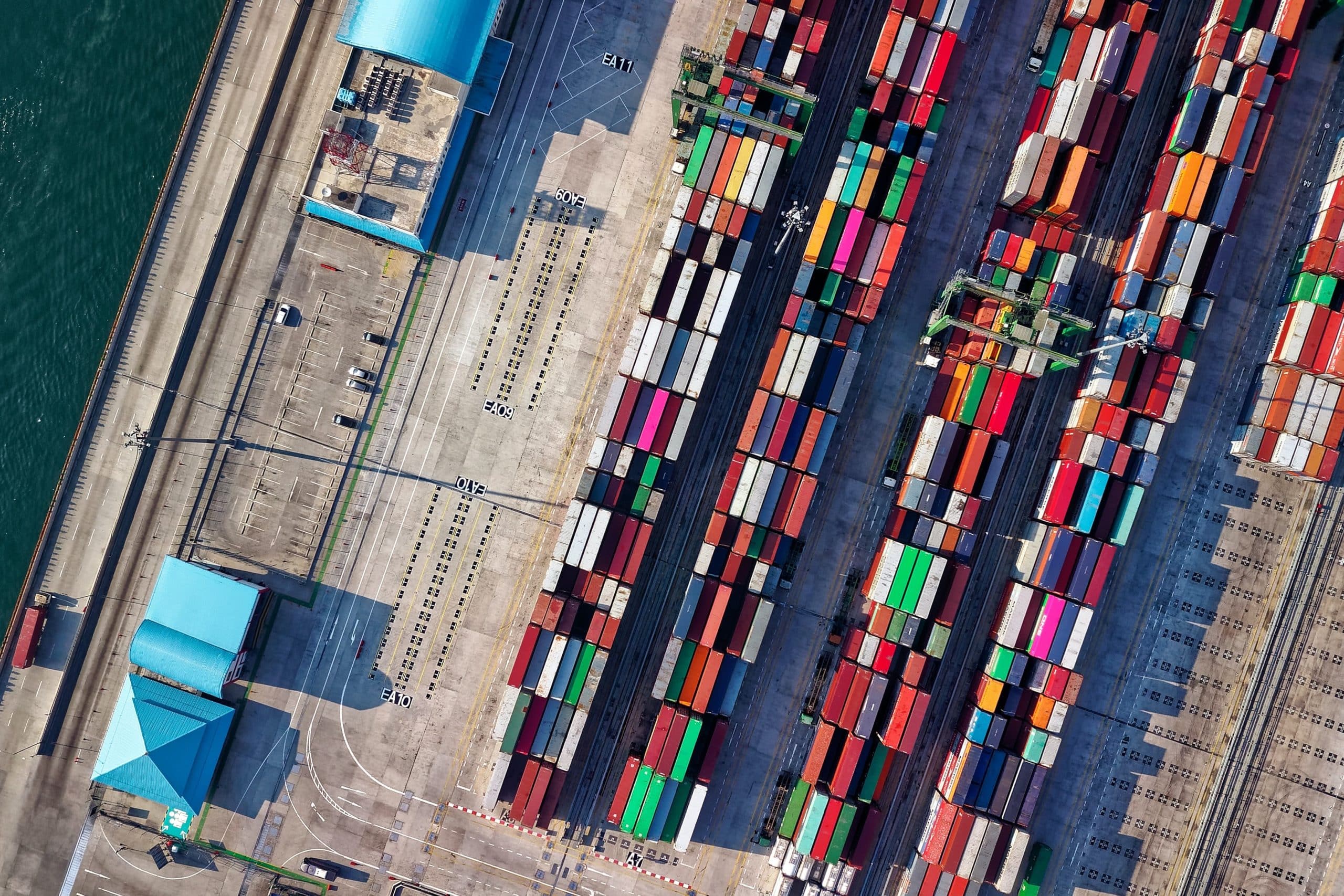20 November 2022
How Green Is Your Supply Chain?

Becoming or working towards being a greener business is nothing new, but the pressures are mounting to take environmental issues more seriously as an important corporate responsibility, and to show real action and commitment beyond just marketing puff.
Using sustainable packaging, or planting a tree, or giving back to a good cause is no longer enough. Savvy consumers, increased public awareness, and competitive market forces mean a business must dig further into its supply chain to reduce risk, and demonstrate its position with actions and words, including their contractual commitments.
Who Wants Your Business To Become Greener?
The pressure to go greener and be more accountable could come from various sources, each of which will be important to the corporate ethos, market position and growth strategy, and the risks you envisage for your business:
- Consumers are spending more time learning about the brands they support and the science behind the supply chain. Going plastic free, sourcing sustainable materials and ingredients and other green initiatives are becoming critical to certain groups of shoppers.
- Employees look at company values, and to attract the best team to champion your corporate ethos, you will need to demonstrate that you take climate change and cutting emissions seriously, giving them a sense of investment in your company and in their personal responsibility to the planet.
- Shareholders will be concerned to reduce risk, and some may advocate for a greener supply chain to be part of a longer-term growth strategy which could give your business a competitive edge.
Evaluating Your Green Supply Chain
When you begin the work to audit your supply chain, there will be many considerations and questions to ask your existing suppliers.
For example, do the suppliers have their own green policies, do they use renewable energy, do they minimise plastic usage, do they source ingredients from countries which cut down rainforests, do they use the most sustainable form of transportation?
Does your own facility use green power? Does switching to more remote working help? Are your transportation vehicles electric powered or hybrid?
As a result of this evaluation, you may develop new or improved policies, and may decide to swap to better suppliers or even become accredited through schemes like the B Corp Certification.
Do you expect your existing or future suppliers to be working to certain green standards?
All the above will have cost implications on your business. Evaluating the costs versus reward is likely to be finely balanced and requires a long-term view about how far and how detailed you are prepared to go to become greener in all the things you use and source for your business.
Offsetting Alternatives
Once you have reviewed your supply chain, it may be that you decide it is not possible to hang your hat on your supply chain being as green as your consumers, employees or shareholders would like. You may then look at alternative initiatives to offset against this, while still achieving some sustainable credence.
Carbon offsetting is a popular tool for many small and medium sized businesses. Tree planting is one example. However, any such initiative also warrants further due diligence. Are the trees planted in a way they can be tracked geographically or for growth? Again, any statements, representations or contractual commitments related to such initiatives should be reviewed by a legal professional.
However, carbon offsetting may still not go far enough. Some people could view this as a phony justification for your business failing to take other measures to become more sustainable.
Contractual Implications
Establishing your green supply chain could lead to consequential changes in contracts you have with suppliers, and the terms and conditions you have with clients or customers too.
Representations – If you require certain representations from your suppliers, such as the maintenance of standards or accreditations, or representations from them that they will not use particular materials or source from certain countries, then these should be incorporated into your contracts with such suppliers. This may result in either renegotiations or new contracts being entered into. Your options to monitor any breach and enforce any breach will also be important.
Promises to your consumer – If you are including promises or statements about the greenness of your supply chain in marketing materials, product packaging or terms with your clients or customers, it is advisable to get a legal opinion on the wording. False statements can lead to misrepresentation or fraudulent misrepresentation and can increase your reputational risk too.
Flexibility – Making statements about your credentials or supply chain now may not work if you change suppliers or lose an accreditation. Ongoing monitoring will be important to ensure there are no developments, either with your suppliers or at your end, that may render any information you have provided to be untrue. Therefore, it is important to ensure that statements around your supply chain, or what other parties expect of you with respect to your greenness, allow you flexibility to switch suppliers, update or adjust your position without triggering a breach of contract.
Notes
For more information about our services for business, click here.
